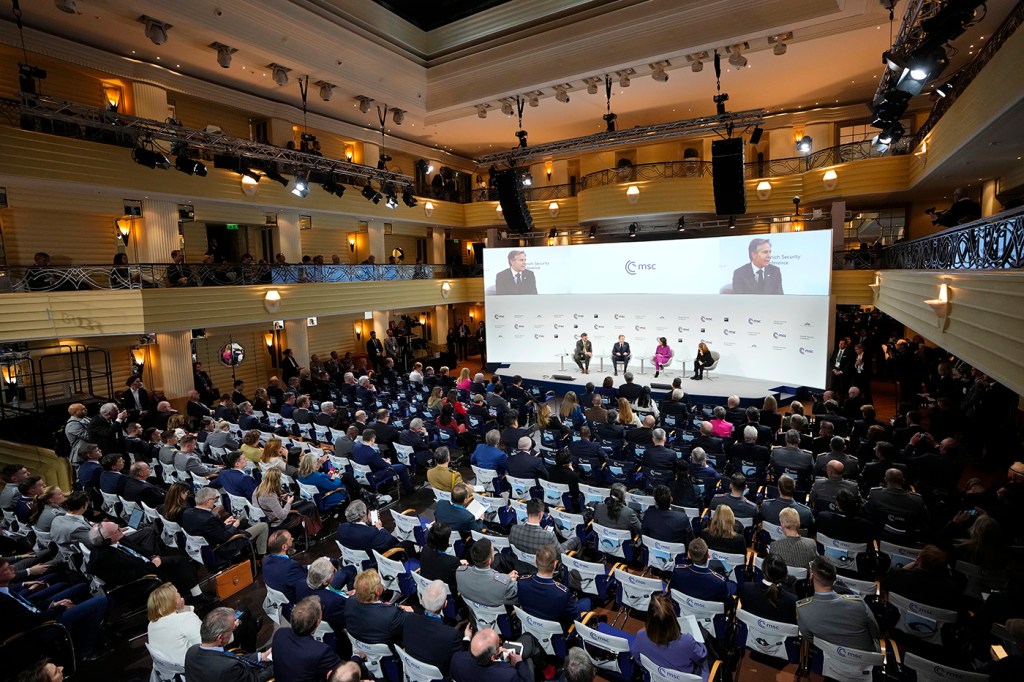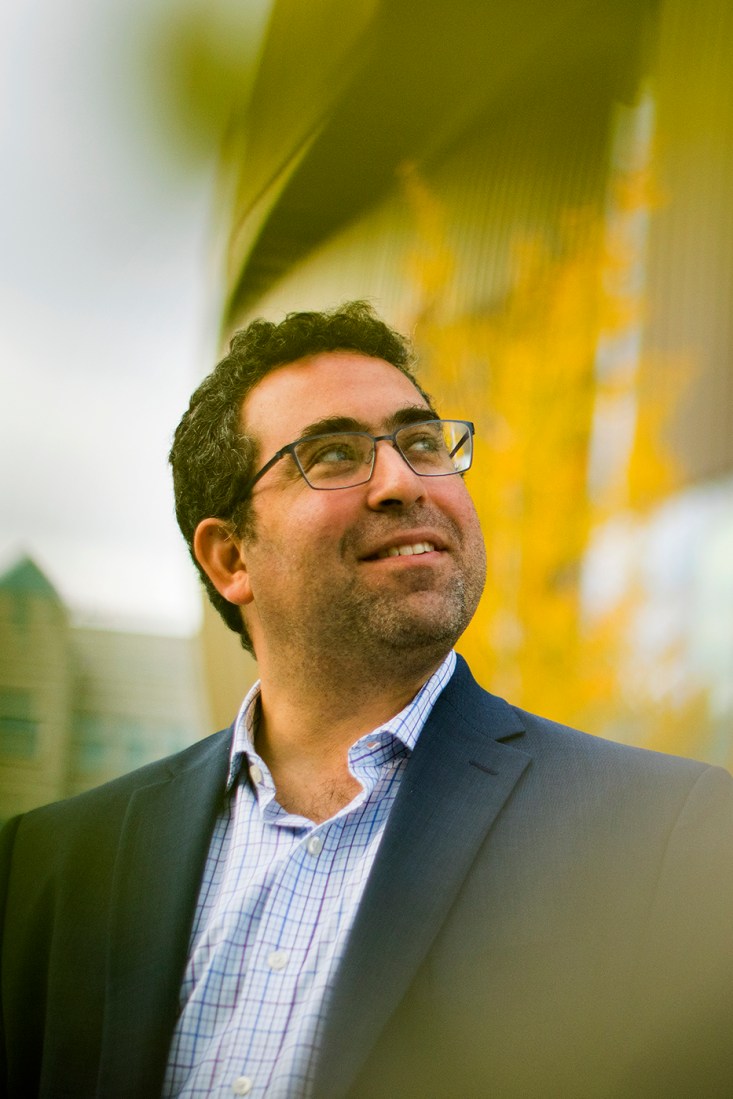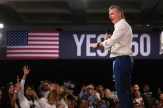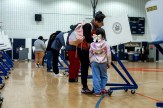Northeastern expert explains at Munich Security Conference how governments can counteract terrorists’ use of social media

Contrary to conventional thought, Northeastern University professor Max Abrahms says social media content that depicts carnage against civilians should not be removed.
Abrahms is an associate professor of political science whose research centers on terrorism, counterterrorism and the United States foreign policy. He made his opinion known during a roundtable discussion at the Munich Security Conference in February titled, “Tackling Terrorist Tech: How to Collaborate with Tech Companies to Prevent Surrogate Warfare.”

Abrahms has been researching determinants of militant group success around the world based on statistical data for almost two decades. He says civilian attacks are actually counterproductive for such organizations.
“Armed with this information, social media companies and governments should not remove violent content against civilians but rather call attention to the carnage,” Abrahms concludes.
When the Islamic State group started to distribute through social media well-produced videos of “savage operatives” brutally executing civilians and captives, Abrahms says, the logical conclusion was that social media companies like Facebook, Twitter and YouTube as well as governments should do everything possible to remove the violent content from the internet in order to prevent IS membership from growing.
Abrahms found, however, that harming civilians dissuades most political sympathizers from joining the terrorists for moral reasons. It provokes painful reprisals from the government and lowers the odds of concessions.
Only a minority of sociopaths in the population joins terrorist organizations after witnessing attacks against civilians, he says.
Terrorist groups are far more successful when they engage in more selective violence against military and other government targets rather than indiscriminate violence against civilians, he says. When militant leaders recognize that, civilian attacks decline substantially but seldomly stop completely due to a lack of absolute control over the foot soldiers.
“Contrary to the conventional wisdom, moderation—not extremism—pays,” he says.
Among the most successful violent nonstate actors are the Jewish Irgun, which helped to create Israel; Hezbollah, which repelled the Americans and French from southern Lebanon; the African National Congress, which ended apartheid; and the Kurdish YPG, which helped defeat Islamic State group, Abrahms says.
Their leaders recognized the value of projecting a moderate face, instructed operatives to avoid civilian targets and concealed the hand of the organization when civilian attacks occurred.
The 59th Munich Security Conference took place from Feb. 17-19 at the Hotel Bayerischer Hof in Munich.
The conference serves as a platform for high-level discussions on key foreign and security policy challenges that the world is facing at present time. High-ranking international decision-makers attend the conference each year, including heads of state and government, ministers of defense and foreign affairs as well as leading figures from academia, business and civil society.
Vice President Kamala Harris headed the U.S. bipartisan delegation this year, which included Secretary of State Antony Blinken, members of the Congress and House of Representatives and dozens of other officials from various governmental agencies and the military.
“The focus [of the conference], obviously, was Ukraine,” Abrahms says.
There was no debate about the policy toward the war in Ukraine at the conference, he says, but rather a demonstration of unity of opinion about the importance of assisting Ukraine in its fight against Russia.
“The people there represented the establishment view that Ukraine is an extremely important ally, that defending it is important for the safety of Europe and even the health of democracies, as well as for preserving what’s sometimes called the rules-based order,” Abrahms says.
Outside of the conference venue Abrahms witnessed an anti-war protest staged by both far-left and right-leaning demonstrators.
“NATO goals are not necessarily the same as the goals of citizens in NATO countries,” Abrahms says.
Some protest messages, he says, suggested that the German public should not be involved in the great power competition between the U.S., NATO and Russia over Ukraine.
“It was very sort of bimodal in the sense that you had the Munich Security Conference, which, clearly, represented the establishment views in support of Ukraine and then you had the exact opposite views represented right outside the venue,” Abrahms says.
Alena Kuzub is a Northeastern Global News reporter. Email her at a.kuzub@northeastern.edu. Follow her on Twitter @AlenaKuzub.






